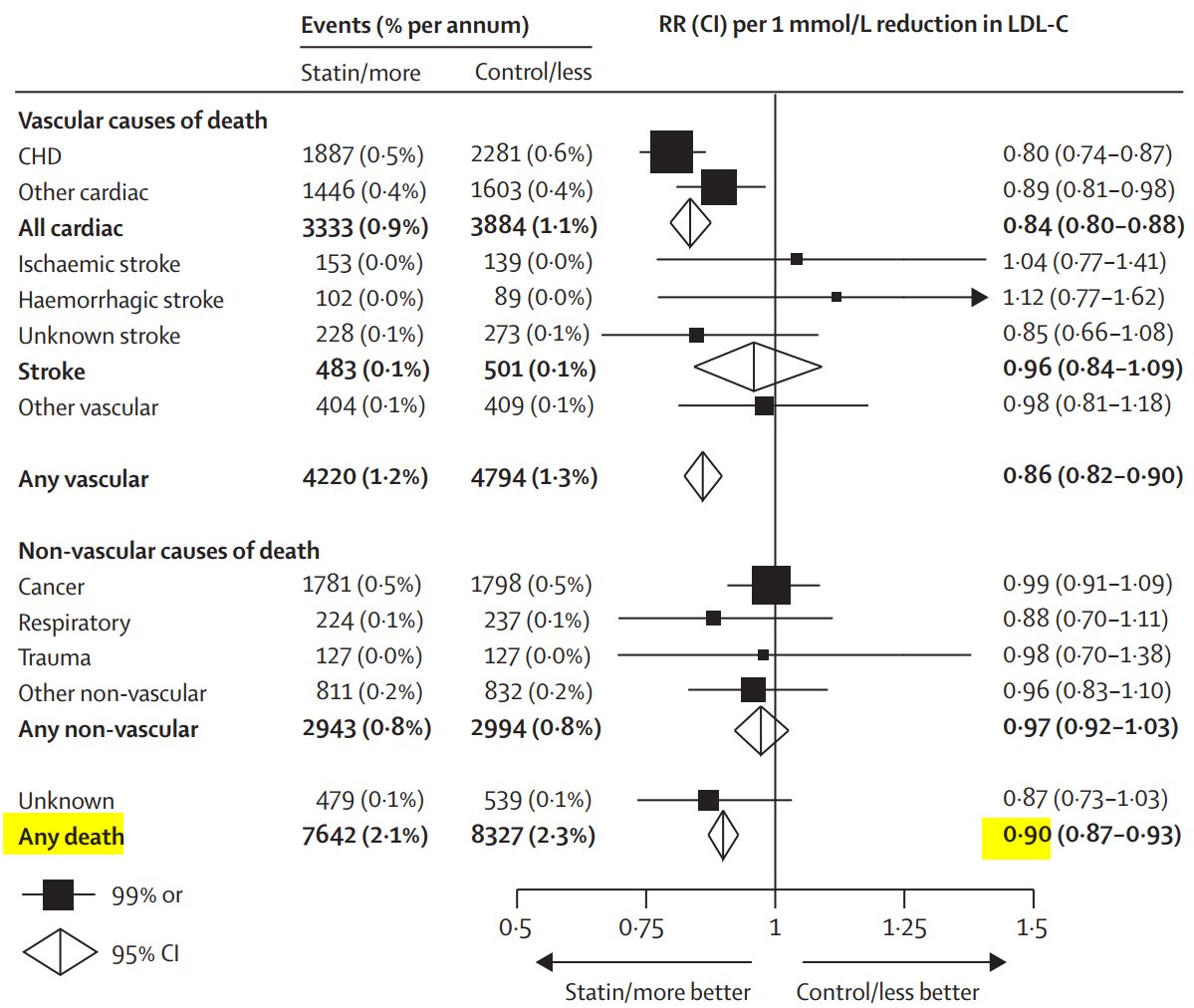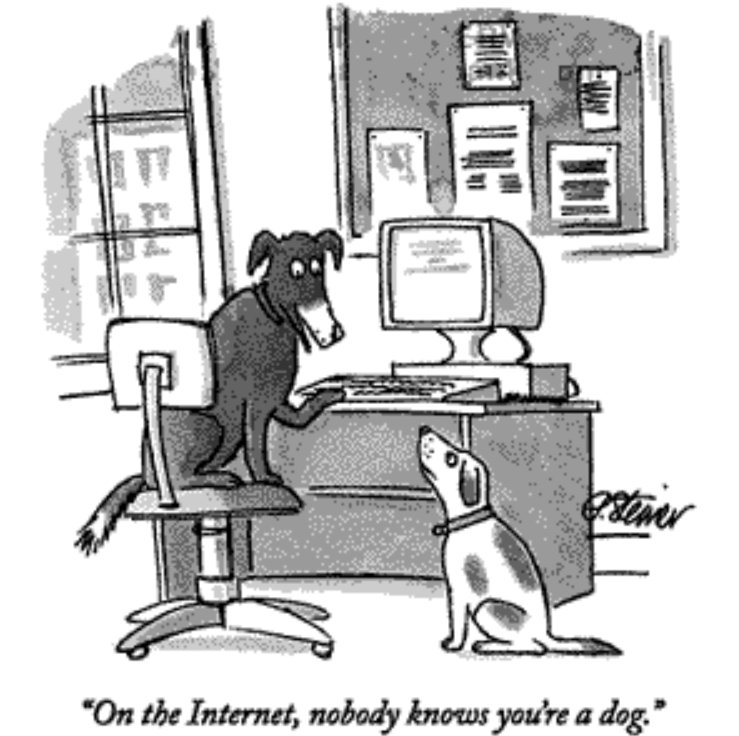If you look at this book as a newcomer to Chinese philosophy, it may strike you as difficult and inaccessible. For example, 3/
And perhaps most perplexing and almost infuriating: "If his mat was not straight, he did not sit on it." (10,9).
What does it all mean? 5/
To summarize, Confucius lived in the Spring and Autumn period (mid-6th c BCE), in the district of Zou. 7/
He thought people had lost “the way” (道, dao) – this is the term for a way of doing things, but also word for physical road. 8/
For Confucius, we have our ethics passed on to us through rituals, music, and poetry.
Rulers in his time disregarded these rituals or did not perform them with sincerity, which led to moral degradation (rituals had become an empty show) 9/
These sage rulers of the past made the right rituals, music and poetry 10/
We are messy bundles of desires, wants, habits, which will clash with others (e.g., if you push someone out of the way).
Rituals are a way to smoothen our relationships with each other and the world so we don't have those clashes 12/
13/
As an illustration, here's an example from Book of Rites, which has a funerary rite where a father and son participate.
The father (current ruler) and son (young man or child) switch place. 14/
Being mindful of ritual helps you develop dispositions to engage with others, not just passively respond 18/
amazon.com/Ritual-Its-Con…
"How are you?"
Ritual answer: "I'm fine" (even if you are not in fact fine)
Authentic answer: "I don't know. I've been better. This staying at home is really getting to me. It's tough". /24














